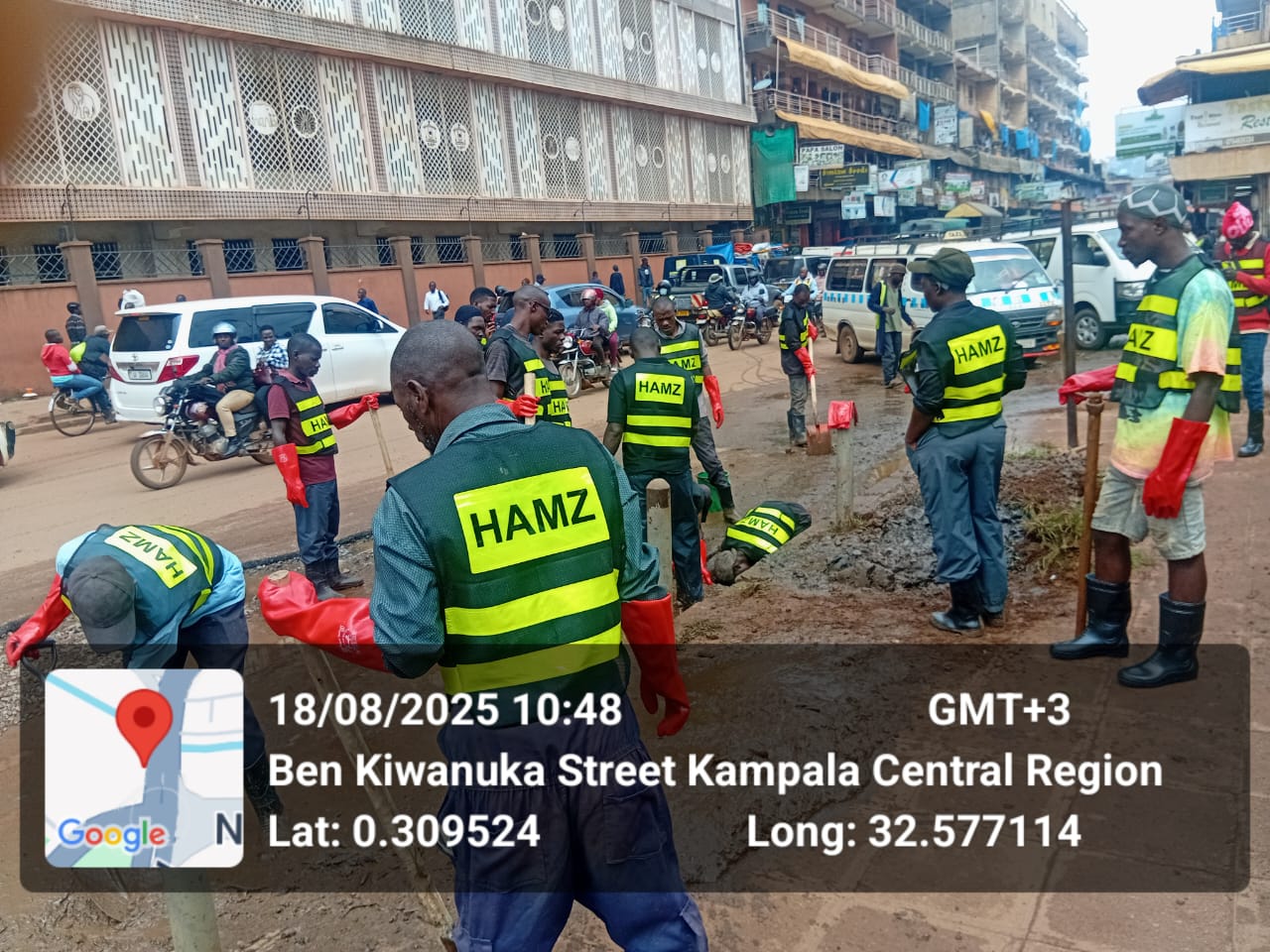Thousands of Ugandan troops to be deployed to the Democratic Republic of Congo to combat M23 rebels.
A Ugandan military spokesperson announced on Tuesday that the country will send about 1,000 soldiers into the eastern Democratic Republic of the Congo by the end of November as part of a regional force to fend off a rebel attack.
The East African Community (EAC) grouping sent out a unified regional force to put an end to the violence after months of severe fighting between Congolese army and the M23 rebel group in the unrest-plagued area.
Uganda’s military and defense spokesman, Felix Kulayigye, told AFP that a Ugandan deployment would follow immediately after the arrival of Kenyan troops on November 12.
The conflict has rekindled regional tensions, with the DRC accusing its smaller neighbour Rwanda of supporting the M23—a charge that has also been made in recent months by UN experts and US officials.
Kigali accuses Kinshasa of working with the FDLR, a former Rwandan Hutu rebel group that was founded in the DRC following the 1994 genocide that mostly targeted Tutsis in Rwanda. Kigali denies backing the M23.
The M23, a mostly Congolese Tutsi militia, has taken over significant areas of the province of North Kivu and is moving closer to the Goma, the region’s capital.
Under the condition of anonymity, two Ugandan military sources with knowledge of the situation told AFP that Kampala had already dispatched logistical, medical, and intelligence teams to Goma in order to set the stage for the anticipated deployment.
The M23 first gained notoriety ten years ago when its invaded Goma in 2012, but was eventually driven out and forced to retreat.
But it reappeared late last year, citing, among other complaints, the DRC’s breach of a promise to incorporate its fighters into the army.
Soldiers from Kenya, Burundi, Uganda, and South Sudan are anticipated to be a part of the EAC regional force. Its projected overall size is still unknown, though.
The M23 is one of over 120 armed factions fighting in eastern Congo, many of which are the result of two local conflicts that erupted in the late 20th century.











